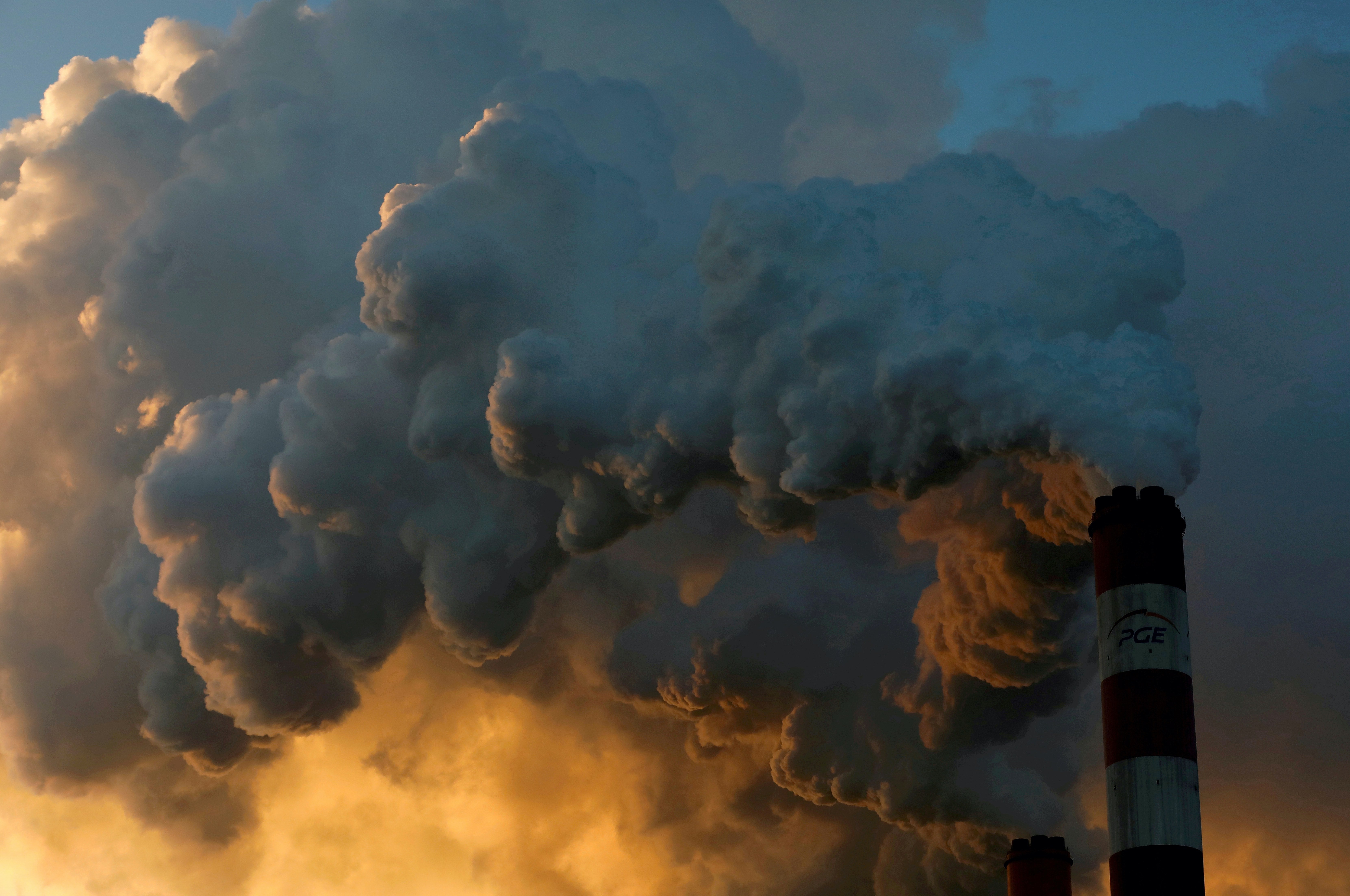World faces crisis if leaders fail to make green recovery after Covid, says UN
PMs and presidents told they have ‘once in a generation’ opportunity to move society away from fossil fuels, writes Adam Forrest


Humankind faces crisis after crisis if leaders fail to tackle the climate emergency in the wake of the coronavirus pandemic, a UN report has warned.
The immense impact of both Covid and climate change mean societies could lose decades of gains in education, health and the eradication of poverty, according to the latest study from the United Nations Development Programme (UNDP).
It lays out a stark choice for world leaders: take bold steps to reduce the pressure on the environment during the recovery from the virus – or humanity’s progress is in danger.
The UN body is urging politicians around the world to make good on their promises to build a “green recovery”, rather than pour money into high-carbon industries.
Describing the pandemic as a “cautionary tale of the type of challenges we are likely to face” in future decades, the UN report said it was also an “once in a generation” opportunity to move society away from fossil fuels.
“Humans wield more power over the planet than ever before,” said Achim Steiner, the head of the UNDP.
“In the wake of Covid-19, record-breaking temperatures and spiralling inequality, it is time to use that power to redefine what we mean by progress, where our carbon and consumption footprints are no longer hidden.”
He added: “As this report shows, no country in the world has yet achieved very high human development without putting immense strain on the planet.
"But we could be the first generation to right this wrong. That is the next frontier for human development.”
The UN’s development body has added two new measures to its annual Human Development Index: a country’s carbon dioxide emissions and its carbon footprint.
The report cites new estimates projecting that by 2100, the poorest countries in the world could experience up to 100 more days of extreme weather a year due to climate change each year – a number that could be cut in half if the 2015 Paris Agreement on emission reduction is fully implemented.
Pedro Conceicao, lead author of the UNDP’s report, said “broken” societies were now putting people and planet on a collision course by relying on fossil fuels.
“The next frontier for human development is not about choosing between people or trees; it’s about recognising, today, that human progress driven by unequal, carbon-intensive growth has run its course,” said Mr Conceicao.
“By tackling inequality, capitalising on innovation and working with nature, human development could take a transformational step forward to support societies and the planet together."


Join our commenting forum
Join thought-provoking conversations, follow other Independent readers and see their replies
Comments